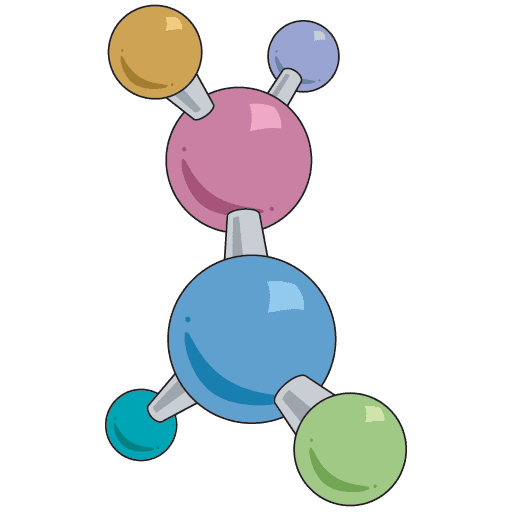Safe to say horror can never be fully forgotten, but one can spend a lifetime pushing it to the back of consciousness. Life is notoriously short and even that is largely disregarded as we seek to bleach the bones of futility with whatever light we can bathe our days.
Our challenge fifteen months into this time of pandemic is to learn lessons and put to work our experience and ingenuity to mitigate the next one. It will surely happen, but if we have learned anything this time, there is a far better way to minimize its many impacts.
The challenge is deepened by the fact that many of us (most) have suffered inconvenience more than actual horror. Scary as it may be, loss of income is more a reflection of inconvenience that it is anything approaching loss of life or loved ones. Yes, it can lead to catastrophic hardship, but its origins are not the reason for the locking down. Financial hardship can easily be seen as preventable by those who take on faith that their sacrifice is for the greater good. In many ways, the harping and protesting of some obscures the fact that they/we exhibit a magnitude of selflessness that goes unregistered. Frontline workers deserve our thanks and praise, but so too are the silent, unnamed masses who bite the bullet and swallow the bitter pill subjecting themselves to long term damage from which many may not return.
How many degrees of separation are there between collective responsibility and personal jeopardy, Kevin Bacon?
As a collective, the world’s population owes a common debt to the greater good. This in the absence of any credible measure of each individual’s actual jeopardy or culpability. Because I do not know if I have been exposed, I cannot risk your exposure. Like trying to prove a negative, we all assume the mantle and act as directed by the authorities who are as exposed as we are. A conundrum, to be sure.
History shows how soon we forget
British poet, Robert Graves, who served out the First World War in France, once famously stated that God was either found or lost in the virulent trenches. Much overlooked, it was the trench more than the mortar that took the greatest toll. Famine and disease were relentless, and the end of the war commingled with the spread of global influenza, itself taking 50 million lives. For Graves, war is never justified and is never moderated by patriotism or religion. The two may sanction the start of hostilities, but both are scorned at the tip of the spear. Put simply, war is “a highly unromantic and immoral arena of cheap, undignified bloodshed“. With all that crowding out the post-war, post-influenza years, is it any surprise that the lessons we could have learned, lessons that might forestall or thwart the next catastrophe get lost in the great shovelling under?
Few testimonies of the Influenza of 1918 remain, fewer still of the witnesses survive – all of whom were infants, witnesses more to the emotional aftermath endured by the adults around them than the experience itself. More pointedly, an analysis of umpteen plagues and near-pandemics has shown us what we need to do. The early onset indicators get noticed, but without the mounting evidence of the scourge’s arrival, political will cannot be generated – certainly not by career-minded politicians functioning in a democratic system punctuated by election cycles.
Imagine this: If you know from the early indicators that a COVID-like pandemic is forming on the horizon. And if you know that the surest fire tactic to thwart it is to shut down the schools – that if you do, you will stop the oncoming threat in its tracks – and if you do not, the disease will advance past a point of no return, killing millions, would you do it? In his book, The Premonition, Michael Lewis lays a case for this very thing.
Certainly you should do it, but think of the optics. You are going to shut down the school system based on data indicators. The schools will be closed for a period of time until the data indicates the (invisible) threat has passed at which point (weeks/months later) you will reopen them. Society perceives according to cause and effect. To society, you shut the schools on a hunch that never came to pass. Yes, it was because you took the action you did. But to society, there was no cause and the only effect was colossal inconvenience.
We have learned – and continue to learn – during this pandemic much about avoiding and battling communicable diseases. Diagnostic practices, data collection, and networked systems have never been more advanced than they are today; yet, we are as hamstrung as we were in 1918.
Captive to our political and social systems, we face massive ethical dilemmas. In the dystopian world of Minority Report, law enforcement had the ability to identify crimes before they were committed, enabling pre-emptive arrests of individuals who had yet to break the law. Try defending that in court. Our pandemic response capabilities are similar. We can know when a threatening illness is forming pre-onset, but we cannot act decisively during the window of our most likely success as it imposes actions on society that have no evidentiary bases.
Think of the carnival of misinformation – willful or otherwise. Add to that the mountains of disingenuous lies and claptrap that permeated the public discourse. How in the world can we be expected to discern right action from wrong-headedness? Are we doing the best we can? What faith do you have that we can forestall the next onslaught – assuming we get through this one?
